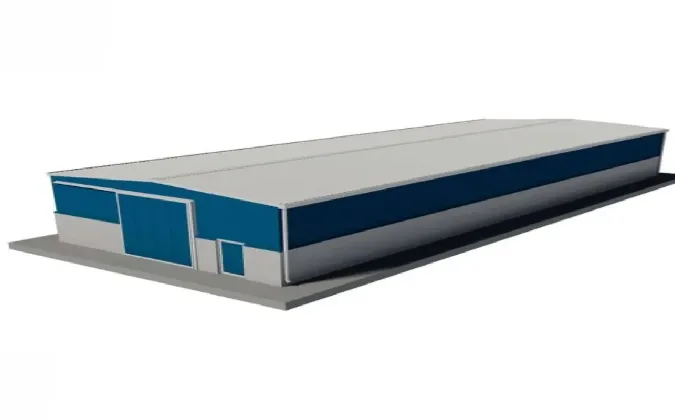- Afrikaans
- Albanian
- Amharic
- Arabic
- Armenian
- Azerbaijani
- Basque
- Belarusian
- Bengali
- Bosnian
- Bulgarian
- Catalan
- Cebuano
- Corsican
- Croatian
- Czech
- Danish
- Dutch
- English
- Esperanto
- Estonian
- Finnish
- French
- Frisian
- Galician
- Georgian
- German
- Greek
- Gujarati
- Haitian Creole
- hausa
- hawaiian
- Hebrew
- Hindi
- Miao
- Hungarian
- Icelandic
- igbo
- Indonesian
- irish
- Italian
- Japanese
- Javanese
- Kannada
- kazakh
- Khmer
- Rwandese
- Korean
- Kurdish
- Kyrgyz
- Lao
- Latin
- Latvian
- Lithuanian
- Luxembourgish
- Macedonian
- Malgashi
- Malay
- Malayalam
- Maltese
- Maori
- Marathi
- Mongolian
- Myanmar
- Nepali
- Norwegian
- Norwegian
- Occitan
- Pashto
- Persian
- Polish
- Portuguese
- Punjabi
- Romanian
- Russian
- Samoan
- Scottish Gaelic
- Serbian
- Sesotho
- Shona
- Sindhi
- Sinhala
- Slovak
- Slovenian
- Somali
- Spanish
- Sundanese
- Swahili
- Swedish
- Tagalog
- Tajik
- Tamil
- Tatar
- Telugu
- Thai
- Turkish
- Turkmen
- Ukrainian
- Urdu
- Uighur
- Uzbek
- Vietnamese
- Welsh
- Bantu
- Yiddish
- Yoruba
- Zulu
Sep . 07, 2024 01:04 Back to list
Design of Steel Portal Frame Buildings to Eurocode 3
The design of steel portal frame buildings is an essential aspect of modern construction, especially in industrial and commercial settings
. Eurocode 3, which provides the design rules for steel structures, is a pivotal standard that engineers and architects follow to ensure safety, durability, and efficiency. This article explores key principles and guidelines for designing steel portal frame buildings according to Eurocode 3.Steel portal frames are characterized by their rigid connections and simple geometric forms, making them suitable for a wide range of applications, from warehouses to large retail spaces. The typical portal frame consists of two vertical columns and a horizontal beam, forming a rectangular or trapezoidal shape. One of the primary advantages of this design is its ability to cover large spans without intermediate supports, allowing for open and flexible interior layouts.
Eurocode 3 provides comprehensive guidelines for the design of steel structures, addressing various aspects such as material properties, load considerations, and structural stability. A fundamental principle is the requirement to ensure that the structure can safely support various loads, including dead loads, live loads, wind loads, and seismic forces. Designers must conduct thorough load analyses and apply appropriate partial safety factors as outlined in the code to account for uncertainties in loading conditions.
design of steel portal frame buildings to eurocode 3

Another critical aspect of Eurocode 3 is the consideration of the stability of the portal frame. Designers are required to ensure that the frame is adequately braced to prevent lateral-torsional buckling and overall structural instability. Bracing systems can be integrated into the design, and the choice of bracing type—such as cross-bracing or shear walls—depends on the specific needs of the building and the expected loads.
Eurocode 3 also emphasizes the importance of detailing for connections and joints. Proper detailing not only affects the structural efficiency but also impacts construction and long-term durability. Designers must ensure that connections can effectively transfer forces between members while also being accessible for erection and maintenance.
In conclusion, the design of steel portal frame buildings to Eurocode 3 involves a comprehensive understanding of structural principles, load management, stability considerations, and connection detailing. By adhering to these guidelines, engineers can create efficient and safe structures tailored to the dynamic needs of contemporary architecture. The Eurocode framework ensures that steel portal frames are not only robust and reliable but also adaptable to future demands and innovations in building design.
-
How Do Prefabricated Steel Structures Transform Modern Construction?
NewsJul.14,2025
-
How Do Prefabricated Metal Buildings Redefine Modern Construction?
NewsJul.14,2025
-
How Do Prefab Insulated Metal Buildings and Steel Structures Revolutionize Modern Construction?
NewsJul.14,2025
-
How Do Pre - Engineered Steel Structures Redefine Modern Construction?
NewsJul.14,2025
-
Advancing Modular Construction with Prefabricated Metal Structures
NewsJul.14,2025
-
Advancing Industrial Infrastructure with Prefabricated Steel Solutions
NewsJul.14,2025
Products categories
Our Latest News
We have a professional design team and an excellent production and construction team.












